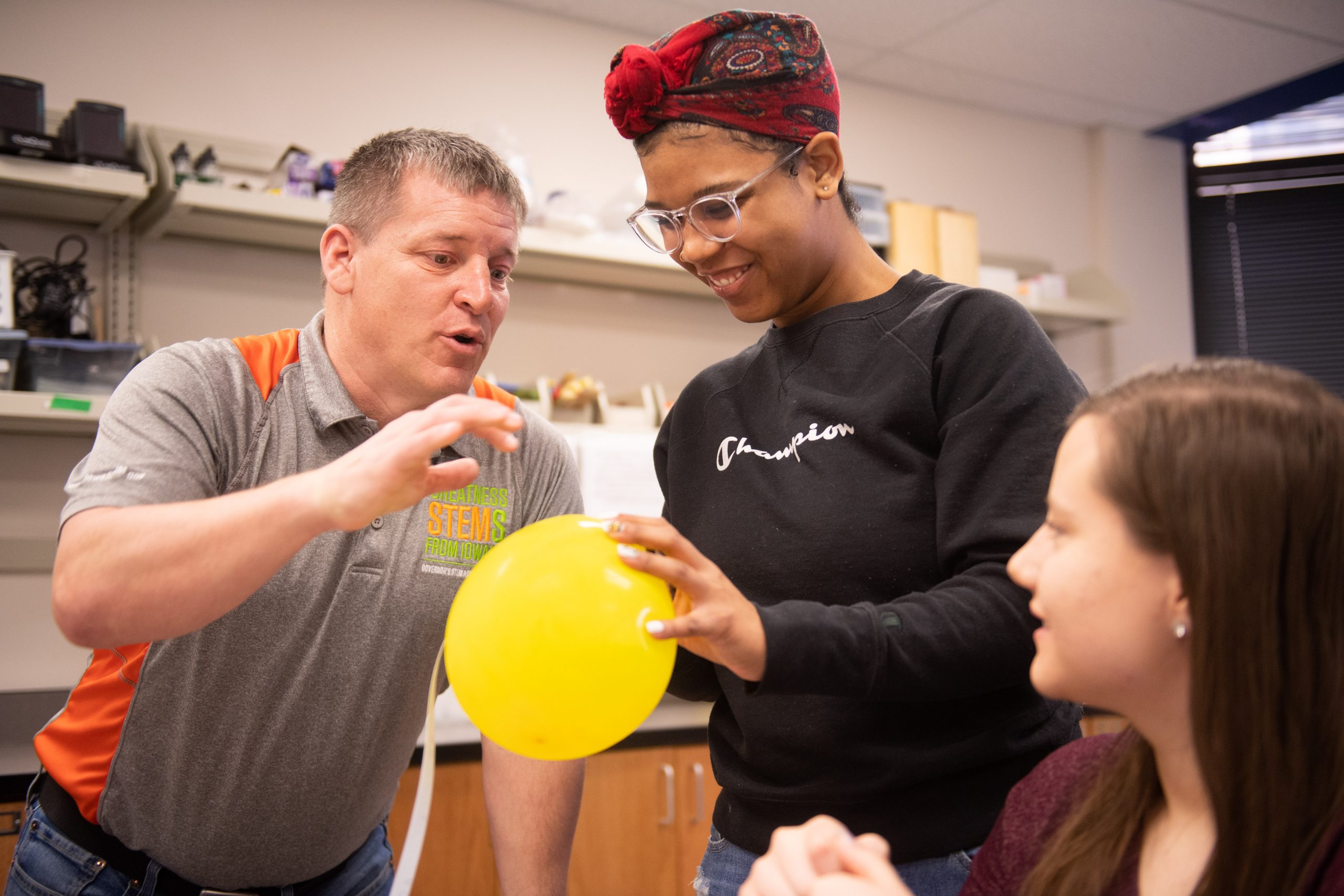Assessing learning

Assessment is one of the most important parts of the course experience; it helps instructors make informed pedagogical decisions and gauge teaching effectiveness. Assessments include everything from formal graded items (e.g., exams, final papers), to low-stakes quizzes, to ungraded responses students give to the questions you pose in class discussion. Barbara Walvoord defines assessment as “the collection of information using the time, knowledge, expertise, and resources available, in order to inform decisions about how to improve” (Walvoord, 2010, p. 2).
Strategies to assess learning aim to support students’ learning and to calibrate students’ achievement to course learning goals and their development of critical thinking skills. Therefore, from an integrated and backward course design perspective, strategies to assess students’ learning are designed to support course learning goals. They also inform the choice of learning activities that would facilitate students’ learning processes. It is important that instructors engage in critical reflection for intentional design and use of assessing learning strategies.
In this section, we consider the topics of assessment, feedback, and grading. We will discuss authentic and flexible assessments, academic integrity, and how to evaluate student work effectively and efficiently.
💡 Please reflect:
What do your current grading strategies and practices say about your values and beliefs as an instructor?

Feedback/Errata